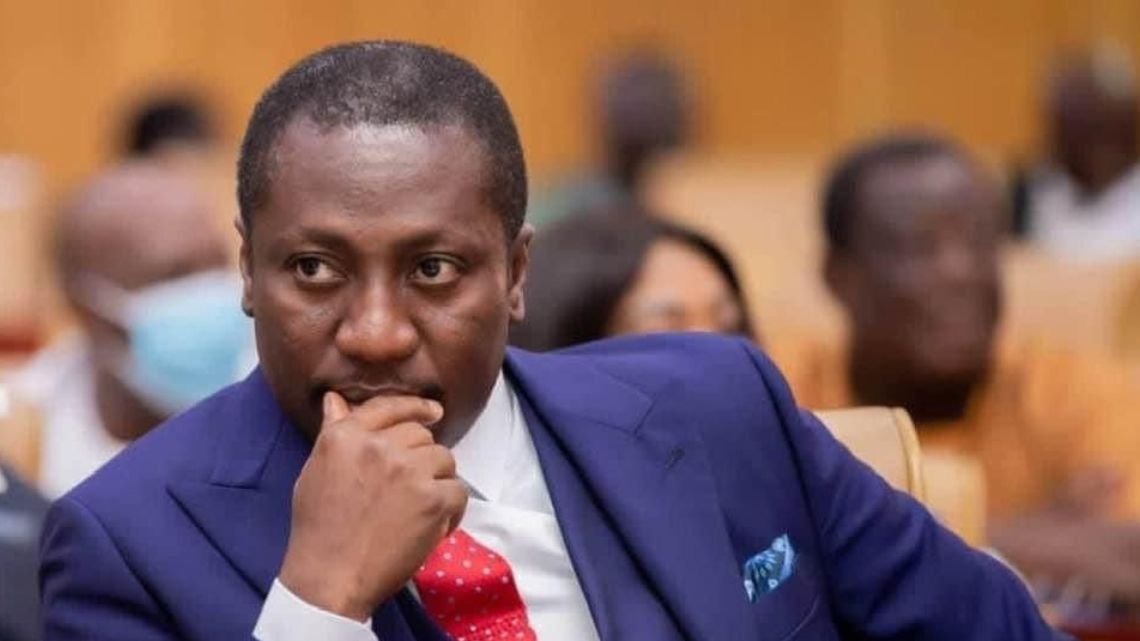Majority Leader Alexander Afenyo-Markin has expressed confidence in the management of Ghana’s economy, stating it is under capable leadership.
Speaking in Parliament following the mid-year budget review by Finance Minister Dr. Mohammed Amin Adam on July 23, Afenyo-Markin emphasized the government’s ability to restore economic stability.
“The economy is in the hands of those who have the power to bring back the economy,” he said on the floor of Parliament after the mid-year budget presentation by Finance Minister Dr Mohammed Amin Adam on Tuesday, July 23.
During the budget review, Dr. Amin Adam disclosed that Ghana’s provisional total debt had reached GH¢742 billion, equivalent to US$50.9 billion as of June 2024.
This amount represents 70.6 percent of the country’s GDP.
The debt is divided into GH¢452 billion in external debt and GH¢290 billion in domestic debt, which accounts for 60.9 percent and 39.1 percent of the total debt stock, respectively.
The increase of 22 percent is attributed to the depreciation of the cedi and ongoing disbursements from creditors.
Dr. Amin Adam assured that the government is adhering to its budgetary constraints.
By the end of June 2024, revenue exceeded the mid-year target by 0.2 percent, and the government is on track to achieve a primary surplus of 0.5 percent of GDP by the year’s end.
The Finance Minister highlighted that the second review of Ghana’s Extended Credit Facility with the IMF had been completed, resulting in a third tranche disbursement of US$360 million, bringing the total to US$1.6 billion.
Additionally, Ghana has concluded a debt restructuring deal with the Official Creditor Committee, which will result in approximately US$2.8 billion of debt relief and a suspension of debt servicing to official creditors from 2023 to 2026.
Negotiations with Eurobond holders have led to a cancellation of US$4.7 billion of debt and a US$4.4 billion relief in debt service from 2023 to 2026.
Agreements with five of the seven Independent Power Producers are expected to save US$6.6 billion over the life of their Purchasing Power Agreements.
The government has also cleared all outstanding Bank Transfer Advice (BTAs) up to 2022 and is addressing BTAs from 2023.
Furthermore, reforms in State Owned Enterprises (SOEs), particularly in the Energy and Cocoa sectors, are underway to enhance fiscal prudence and minimize budgetary risks.

